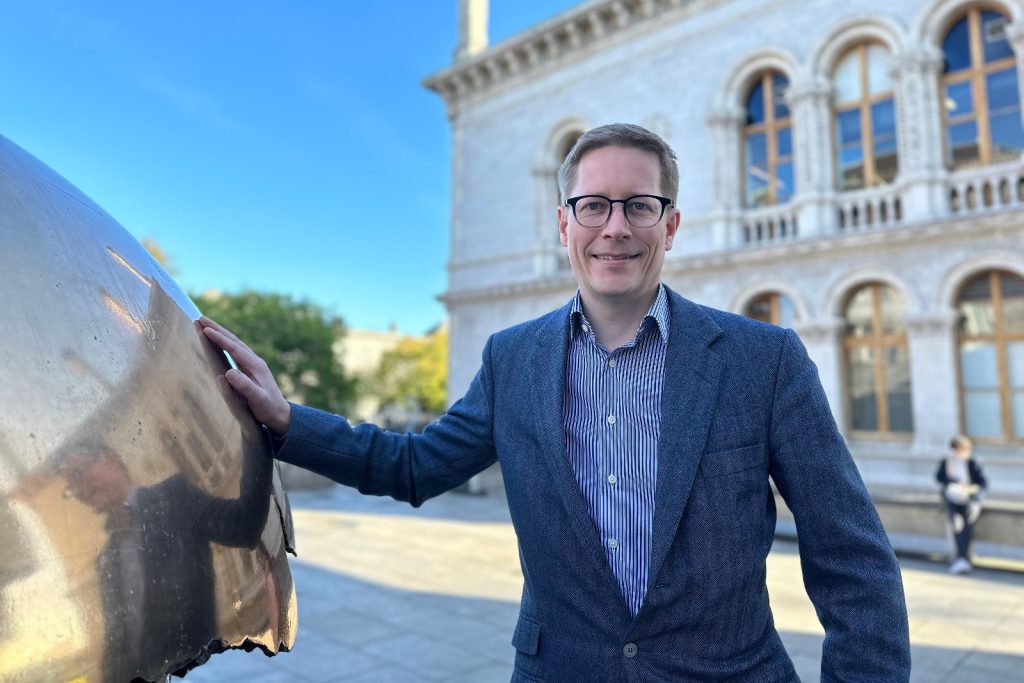The ENERGISE project, led by researchers from CONNECT at Trinity College Dublin, in collaboration with Tyndall National Institute, Intel, and other key industry partners aims to drastically reduce energy consumption in mobile networks, paving the way for sustainable 6G evolution.
The pioneering project received €2.3 million in funding from the Disruptive Technologies Innovation Fund (DTIF).
With the rapidly evolving digital world, the demand for more efficient and sustainable networks has never been higher. The Radio Access Network (RAN) accounts for 70-80% of total cellular network energy consumption, which causes significant sustainability challenges.
Open RAN technology has the potential to reduce energy consumption considerably, by using AI to automate and optimise network management.
By also allowing multiple vendors to contribute to an end-to-end radio system, Open RAN creates competition, reduces costs, and encourages innovation.
Speaking about the project, Holger Claussen, Professor of Wireless Communications at University College Cork and Trinity College Dublin, said:
“The telecommunications industry consumes a large amount of energy – currently between 2-4% of global energy consumption and is growing at twice the rate of most other contributors.
The Open-RAN architecture introduces a flexible platform that allows wireless network operators to easily deploy components and customized software applications from multiple vendors through open interfaces, for example to optimize energy consumption. However, the fact that an Open RAN is composed of several components from different vendors, means it lacks end-to-end coordination which limits its effectiveness.
The Enterprise Ireland funded project ENERGIZE brings together a strong team of Industry and Academic partners to deliver the disruptive technology required to provide the missing end-to-end coordination that will completely revolutionise Open RAN, enabling it to scale to meet the 6G requirements in an energy efficient and sustainable manner.”

